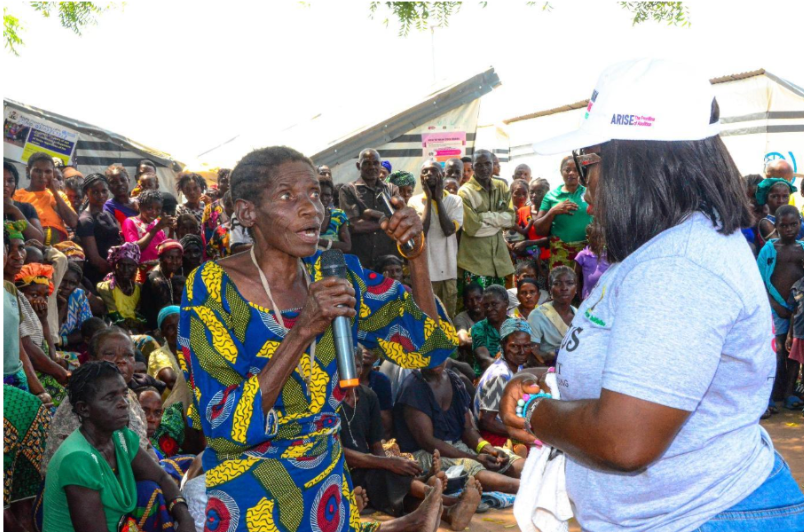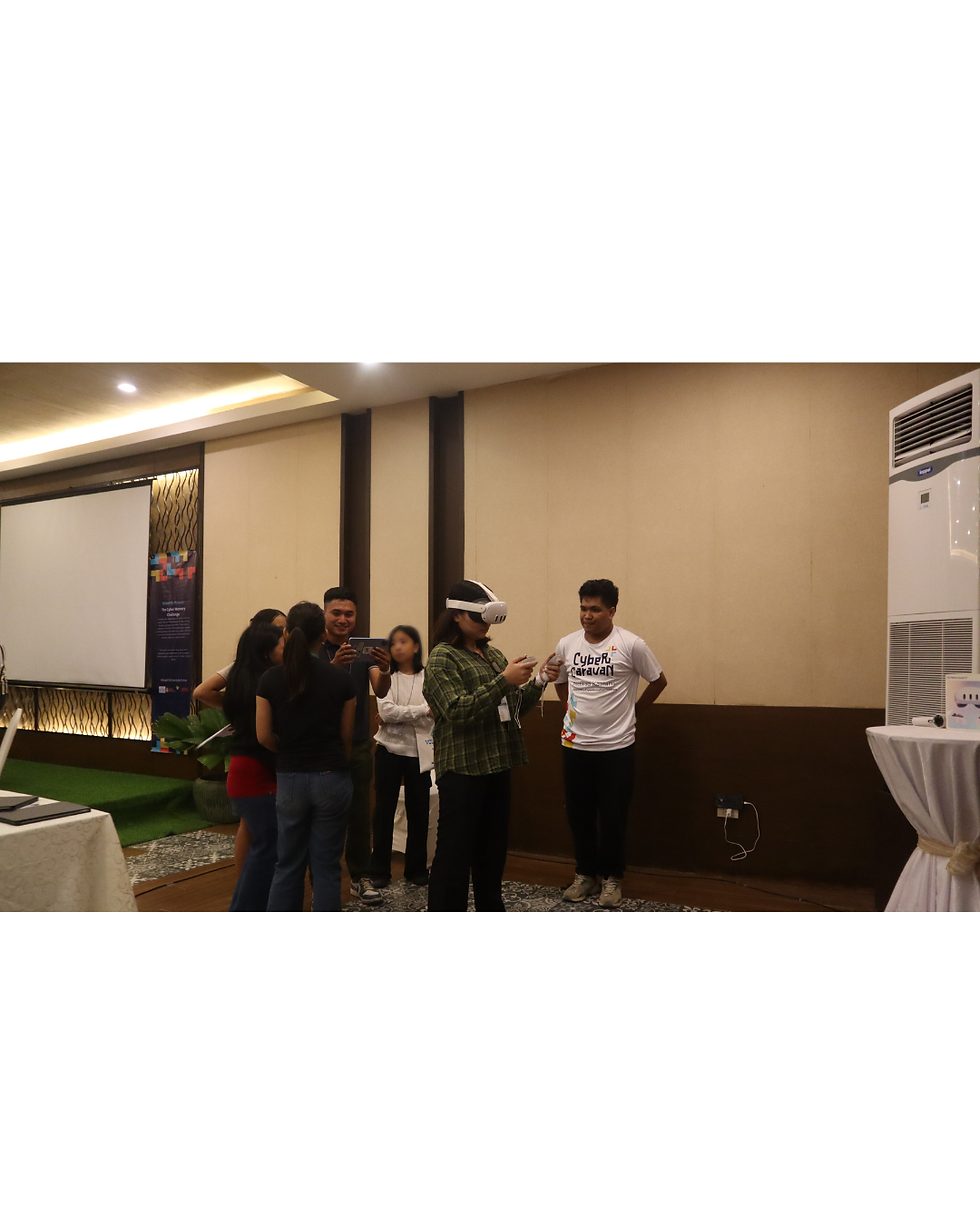Working with all people of good will is essential to ending slavery
- Sep 9, 2019
- 4 min read
People often ask me how I got involved in the fight against modern slavery.
The truth is that no-one can serve for 30 years as a police officer and fail to come across it. Before the Modern Slavery Act was passed in 2015, we would have used other terms to describe these crimes. But it is clear to me now without a shadow of a doubt that slavery is the right term. When people are coerced into selling their bodies. When labourers work under threat of punishment, their documents confiscated and their wages withheld. When children are bought and sold like property. These are forms of modern slavery, plain and simple. All the ingredients of slavery are there: control, ownership and exploitation. In bringing the issue back into the light, and giving these forms of exploitation a name, the former UK Prime Minister, Theresa May, did a good thing, both for the police and those who are suffering these crimes. I believe this has also raised the profile of the issue and encouraged other governments to raise their game.
But there is another reason I got involved in this critical struggle. A number of years ago I attended a conference in the Vatican where I met survivors and discovered the global efforts of the Catholic Church against human trafficking. I am not Catholic myself, but was interested to learn about the unparalleled size and breadth of the Catholic network - over 1.2 billion people. When I learned about the global effort of the Church, I was even more interested. The anti-trafficking work of religious sisters, for example, is in more than 80 countries, and often embedded in communities others can’t reach. If there is another global organisation with this footprint, reaching right into communities in some of the worst affected regions of the world, I don’t know it. If our efforts against slavery need to be cross-sectoral - and I believe that they do - involving this group is a no-brainer.
This is one of the things that attracted me to the Arise Foundation. Arise is not a faith-based charity, but recognises the influence that faith has in the world and the strong commitment that many people of faith have to justice and human rights. It is for this reason that we at Arise are happy to support exemplary anti-slavery work that is motivated by faith, but blind to the faith tradition of those they serve.
But this isn’t just about recognising the positive influence of faith, it is about recognising that communities themselves hold the key to ending slavery, and that many of the most active and committed people at community level are people of faith. Even more than that, so many of these community leaders have formed themselves into networks, sharing information, protecting at-risk communities and helping build resilience against these crimes. But too little has been done to help these networks reach their potential. For example, the religious sisters I mentioned are, by some distance, the world’s largest frontline force against slavery.
In India alone, their network comprises thousands, with tens of thousands more doing related prevention work across the country. Yet they rarely receive support or recognition within the human rights community, with most of the available investment going into Western-based NGOs.
I am passionate about this because, perhaps more than other sectors of society, police understand the power of local communities and their networks. We rely on them to report crime, to provide information on the activity of criminals, and to provide evidence so we can secure convictions. That is why I can say with complete confidence that collaboration between police and local communities is essential to defeat slavery. We are all indebted to the Global Slavery Index for their work estimating the number of people enslaved today - over 40 million people - more now than at any other point in human history. If we are going to stand any chance of meeting SDG 8.7 by 2030, then working with all people of good will is absolutely essential. We must move beyond our silos and prejudices to build broad coalitions. Arise is playing an important role in this by giving voice to frontline networks and the power of faith-based work - a voice that has been neglected too long.
When people have been trafficked into another country they do not know which way to turn. They often believe they are in that country illegally. They may be working in illegal activities. This means they need sanctuary with people who care. Networks of people who will help but not judge. As I said, the Catholic Church alone has over 1 billion members.
In my view the State has to communicate that those who are trafficked will not be prosecuted. Our great religions need to provide sanctuary rather than make moral judgements and the police services need to act sensitively in cases which may involve trafficking. Not least because the higher responsibility is to investigate the crimes of those who arrange the trafficking rather than those who are abused. The police are on the frontline 24 hours a day and see the problem first hand and need to work closely with charities to achieve change.
Lord Hogan-Howe QPM Arise Trustee



